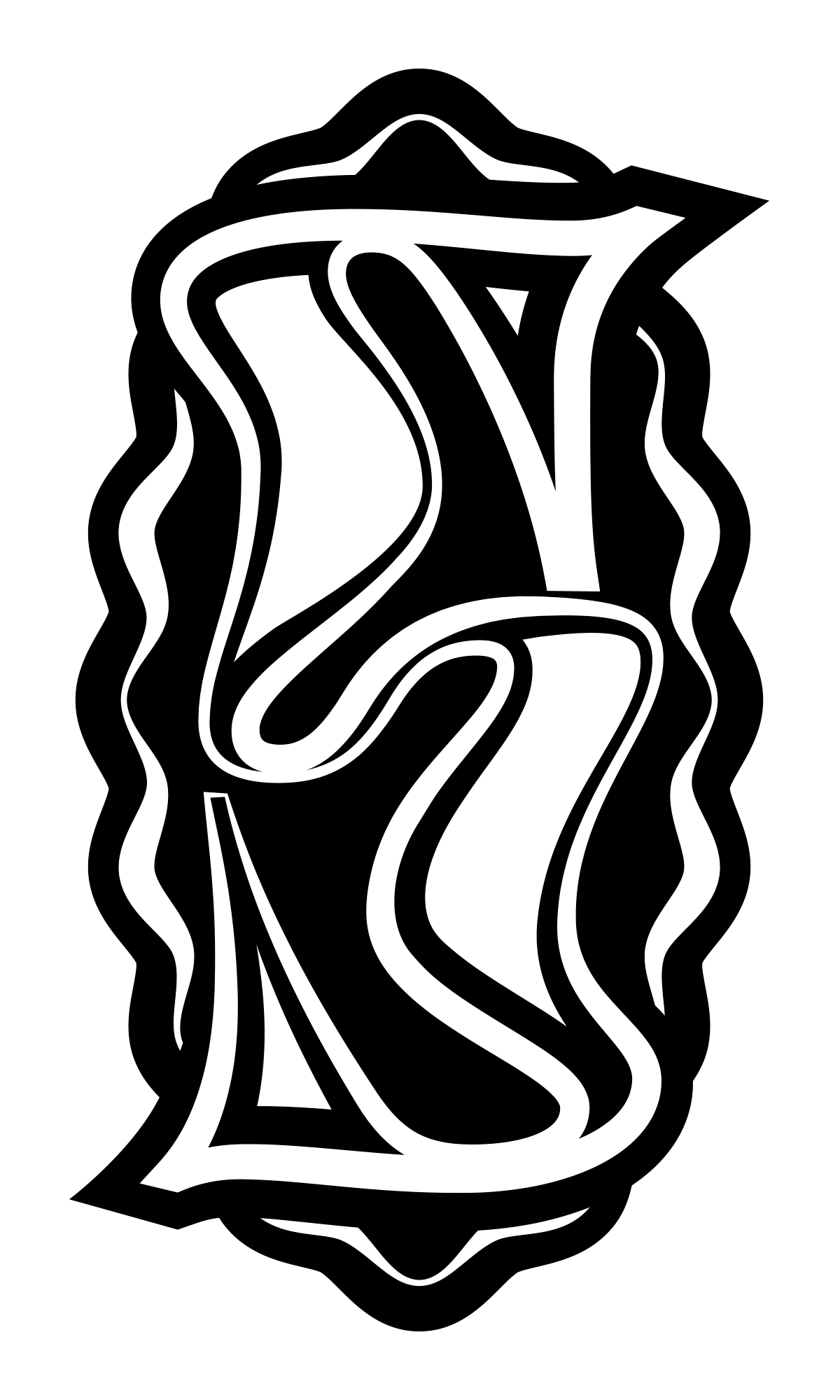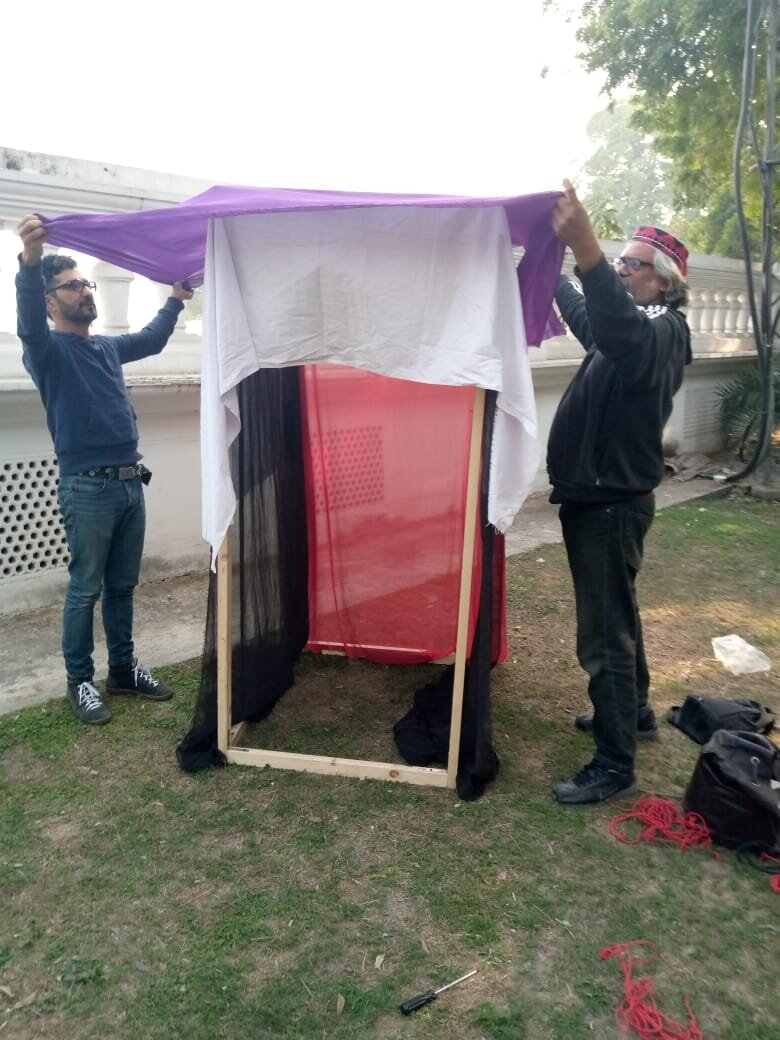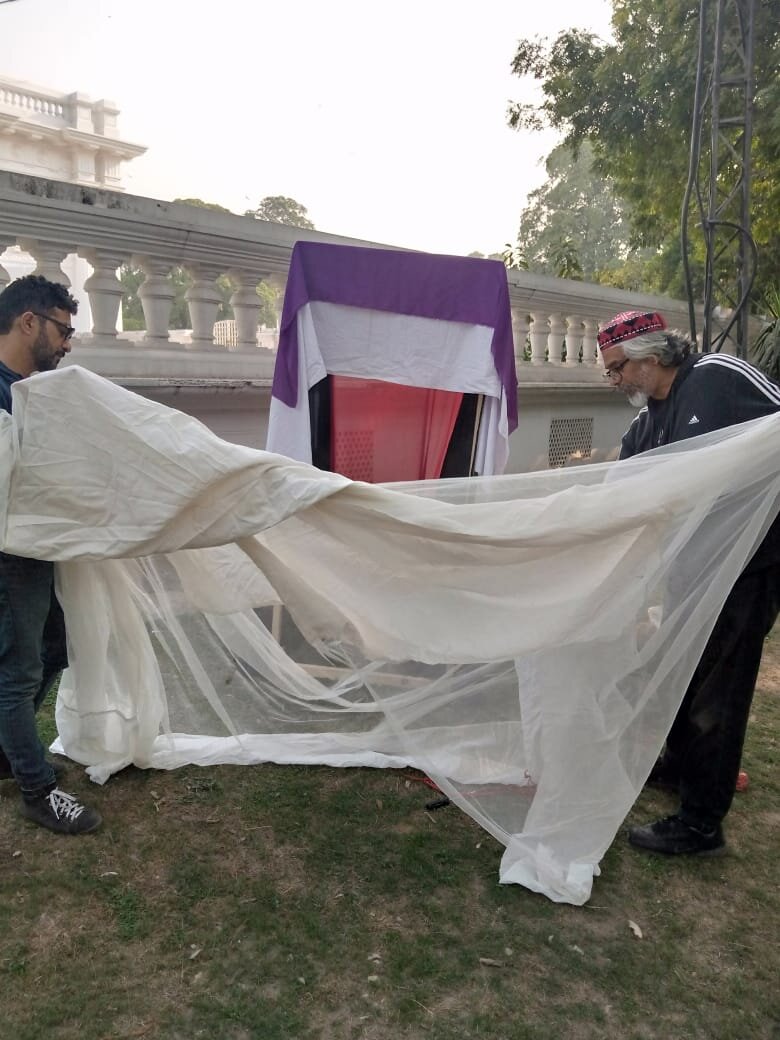In december 2019 our collaborators in Pakistan built SHARAMGAH, their version of SHAME-O-MAT, and collected people’s memories on shame in different locations. Parallel to that they were doing some workshops on the subject of shame.
Workshop at a public school in Lahore (6th dec)
The first event of the project was a workshop with teachers of a primary/middle school in a low income area of Lahore. They were invited for a two hour arts-based discussion on the concept of shame to deconstruct the theme and to collect stories for our project. Three main activities were conducted.
story-telling: you are walking down the street and meet shame in person. Describe the scene and this person.
brainstorm/theatre activity: Think of why you would say "shame on you" to someone and say it to me in full emotion. The responses were written down on the board and we made categories.
write a personal story of shame.
The main outcomes are summarised:
shame is all pervasive in our everyday life
it may be a useful construct but very so often can become destructive
it is perhaps not the best way to handle a child and promote behaviours you wish to
“i'm amazed at how easily we talked about such a difficult topic”
Building of Sharamgah
"Sharamgah" in Urdu literally translates as "place of shame" which is the "decent " vernacular for genitals - as such the name was a provocation by itself and generated good humoured debate. We were surprised that we didn't get into any trouble!Public Action, Lawrence Garden, Lahore (7th dec)
To pilot test our Sharamgah (Scham-O-Mat), we spent a few hours in a public garden in Lahore. We set up the installation on a lawn and approached people to participate. A feminist circle close by were happy to engage. While we didn't spend a lot of time, it was obvious that the idea worked and we didn't create too much attention or problems for us.
Public Action, University Campus, Lahore (11th dec)
We visited the high-end university campus and set up Sharamgah. Students were curious. A discussion was generated.
Performance in a Cafe in Islamabad (18th dec)
The performance was held in a public space organised by a couple in Islamabad. They had advertised the performance as an open format whith a space to discussion and sharing. Three people had come prepared to share a poem, one a story and a personal experience. The performance was based on three characters who are outed by the others on their personal stories of shame. This was followed quite organically into a space for sharing.
Team Pakistan
Habib Ahmed Afsar
He is a trained surgeon, social-medical doctor and visual artist. He conducts workshops for children, young people and adults at schools, festivals and museums in Switzerland, Germany, India and Pakistan. In this context, he considers art as a tool reflect on and cope with symptoms such as stress and traumatic experiences and to improve cognitive skills. He lives in Zurich and Karachi.
Imran Nafees Siddiqui
is a performer and visual artist, social activist and theatre director. He is heading the Institute of Performing Arts and teaching theatre and movement. He has a background in social science and works in research and education. He conducts workshops, directs and performs in theatre, participates in exhibitions and writes books. He often works in underprivileged areas of the country, working with people from different backgrounds. He lives in Lahore.
Amna Mawaz Khan
She started Bharatanatyam training at the age of 11 years under the dance legend Indu Mitha. Amna has organized movements for housing rights, the women's movement, as well as other political demonstrations. A strong believer in art being a powerful tool of social change, Amna is also part of the progressive art collective Laal Hartaal, and often works with the Pakistan National Council of the Arts, Kuch Khaas and Theatrewallay in their creative productions. She has performed and given workshops in various countries as well as at numerous countrywide events.


















